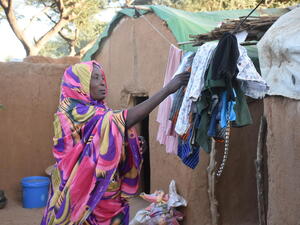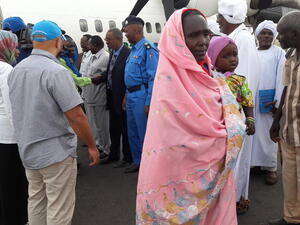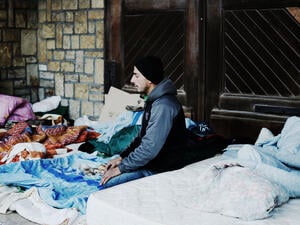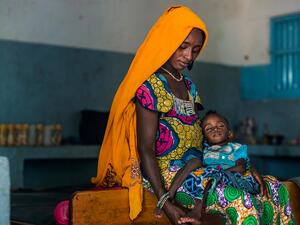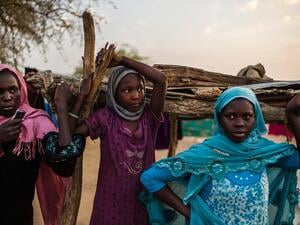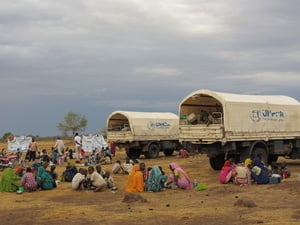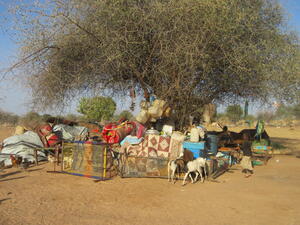Assistant High Commissioner visits Darfur
Assistant High Commissioner visits Darfur
UNHCR's Assistant High Commissioner for Operations, Judy Cheng-Hopkins, is finishing on Saturday a five-day visit to West and South Darfur where she has been reviewing UNHCR's operations and considering further efforts to help internally displaced people in the region.
The volatile security situation continues to pose serious constraints to our relief work in Darfur. Road access to large parts of Darfur is severely restricted with a rising number of attacks on UN staff and aid workers as well as banditry and car hijackings. In 2006 alone, twelve humanitarian workers, most of them Sudanese, were killed. This week, UNHCR field staff and other humanitarian workers, were victims of a carjacking in the Um Shalaya refugee camp, 70 km from south-east El Geneina, which hosts some 3,500 Chadian refugees. Nobody was hurt in the incident.
Cheng-Hopkins met senior officials of State Government, African Union Peacekeepers, UN agencies and NGOs. She visited several IDP camps in the region where she talked with many displaced people. IDP camp leaders in El Geneina, West Darfur's capital and UNHCR's operating base for the region, told her they urgently needed water supplies, latrines and better access to schools for their children. The need for targeted distribution of non-food items was also evident.
UNHCR has six offices and 91 UNHCR national and international staff in West Darfur to help some 700,000 internally displaced people and 20,000 Chadian refugees. Currently, UNHCR has access to only about half of this population because of the considerable security constraints. UNHCR is leading the delivery of protection and provides material assistance while maintaining a strong focus on the protection and specific needs of women. Cheng-Hopkins said the most pressing issues to be resolved are physical insecurity of the IDPs including sexual and gender based violence as well as general criminality within some of the camps. IDPs continued to be harassed and are the victims of attacks by armed militia.
Cheng-Hopkins says the needs of the IDPs and refugees in West Darfur are shelter for returnees, distribution of non-food items for 50,000 households, continuous training and livelihood activities for 80,000 women in 34 women's centres, assistance to 20,000 Chadian refugees and further arrivals, and the coordination and provision of protection assistance, including legal counselling to individuals.
An estimated two million people have been displaced in Darfur since the conflict started in the region in 2003.


